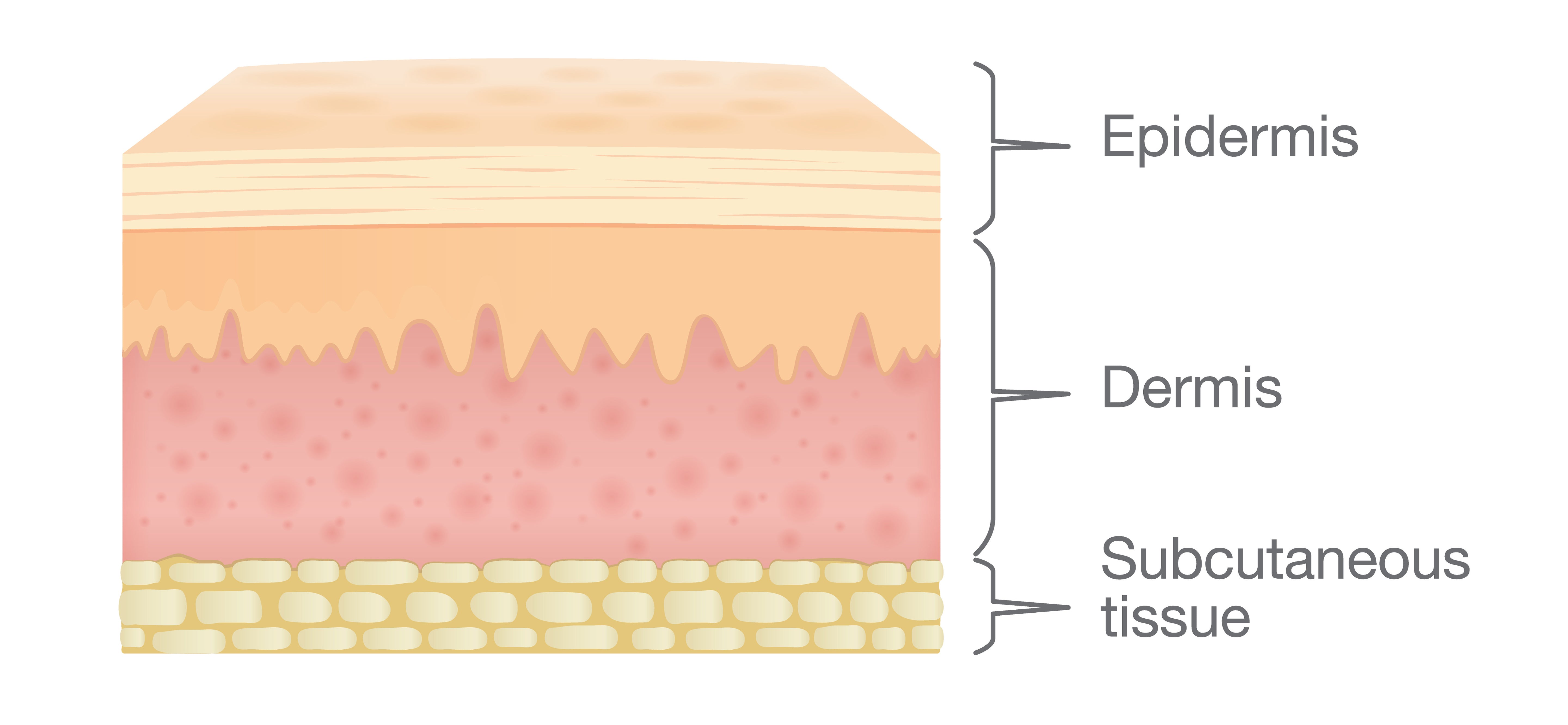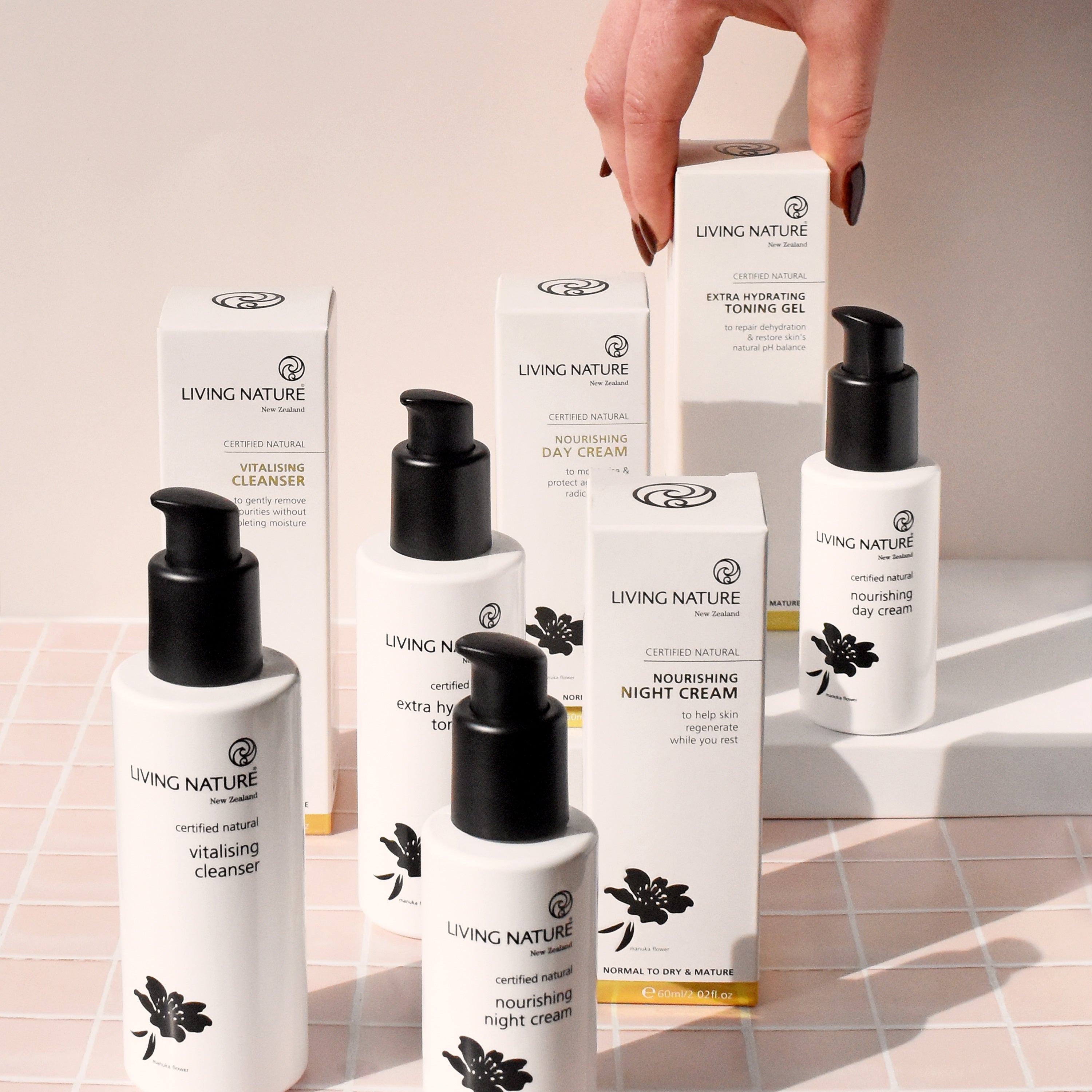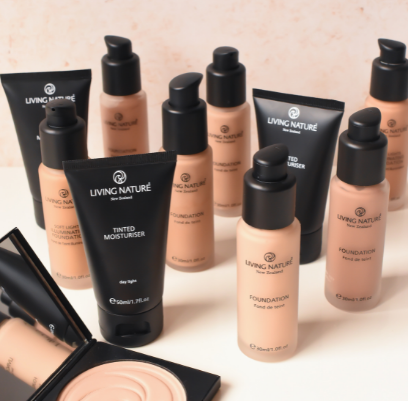Understanding Your Skin
Your skin reflects the life you lead. Project your best face to the world with Living Nature's healthy and effective skincare, formulated with the best of nature's ingredients to work with your skin's natural processes.
The skin is the body's largest, smartest and most responsive organ, and what goes on our skin is absorbed into our bodies. On average, a woman using synthetic skincare will apply 168 chemicals every day. We can no longer ignore the growing evidence of the harmful cumulative effect of these chemicals on our health.
That's why our commitment is to provide highly effective products using only certified natural ingredients, fragrances and preservatives. It's more than just a skincare ritual, it's a holistic approach to the role your skin plays in your life. Treasure it!



Skin Facts
- The skin is the body's largest organ comprising approximately 15% total body weight
- It is thinnest on the eyelids (0.05mm) and thickest on the soles of the feet (5mm)
- The skin is a multi-faceted complex organ, one square inch consisting of: 65 hairs; 78 yards of nerves; 100 sebaceous glands; 650 sweat glands; 9,500 cells; 19 yards of blood vessels; 1,300 nerve endings; 20,000 sensory cells and 250 sensory apparatuses
The skin provides the body with:
- Protection
- Heat regulation
- Excretion
- Warming
- Sensitivity
- Nutrition
- Moisture control
External factors which affect the health of the skin include diet, age (eg menopause), medication, environmental factors, smoking, UV exposure, stress, lifestyle, genetics and the care you give it.
Structure of the Skin
The skin is composed of three primary layers, the epidermis (the outer layer), the dermis and the subcutaneous tissue or fat layer.

The skin takes approximately 28 days to renew itself, a process called desquamation. As one ages, this process can take up to 45 days.
The 'Acid Mantle'
The acid mantle is our body's first defence mechanism against bacteria and functions as our skin's protector (bacteria dislike the slight acid conditions). The acid mantle develops at puberty - children do not have an acid mantle and this why they're more susceptible to diseases, viruses and fungal infections.
- Sweat and sebum combine on the skin's surface, creating an acidic film, known as the 'acid mantle'
- Acidity and alkalinity are measured by a number called the pH
- An acidic solution has a pH of 0-7, i.e. lemon juice, vinegar
- A neutral solution has a pH of 7, i.e. blood
- An alkaline solution has a pH of 7 - 14, i.e. soap, depilatories
- A perfect pH of 5.5 discourages the growth of bacteria and fungi. Having the right pH balance in your skin helps keep a clear, healthy complexion.



